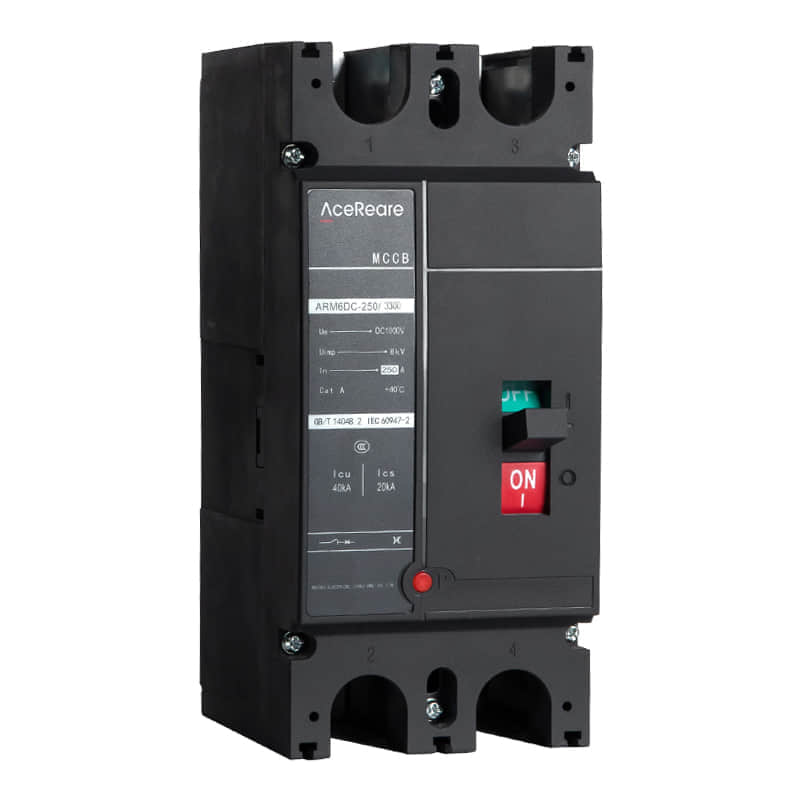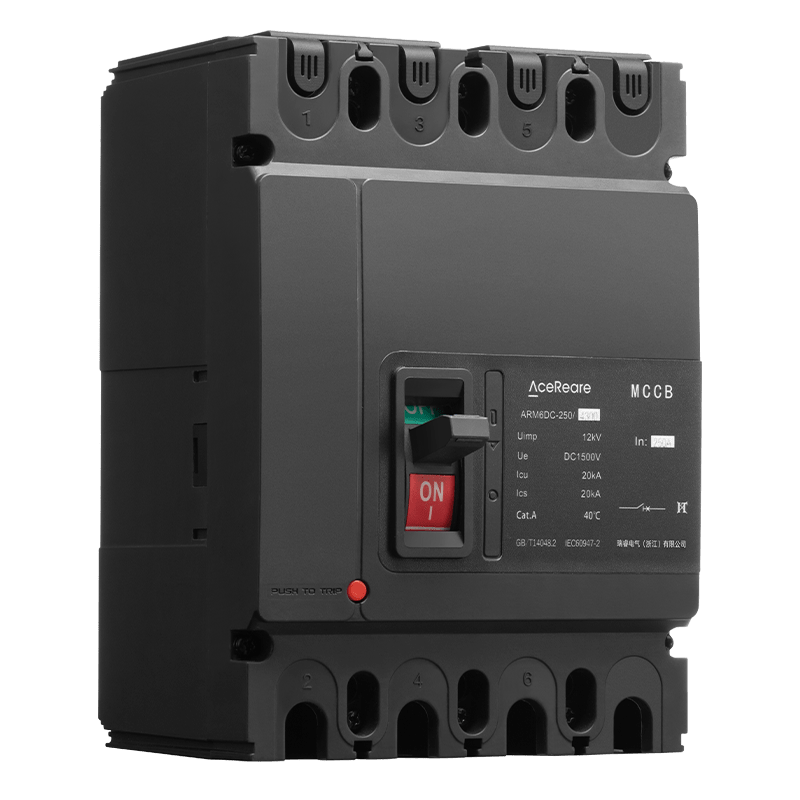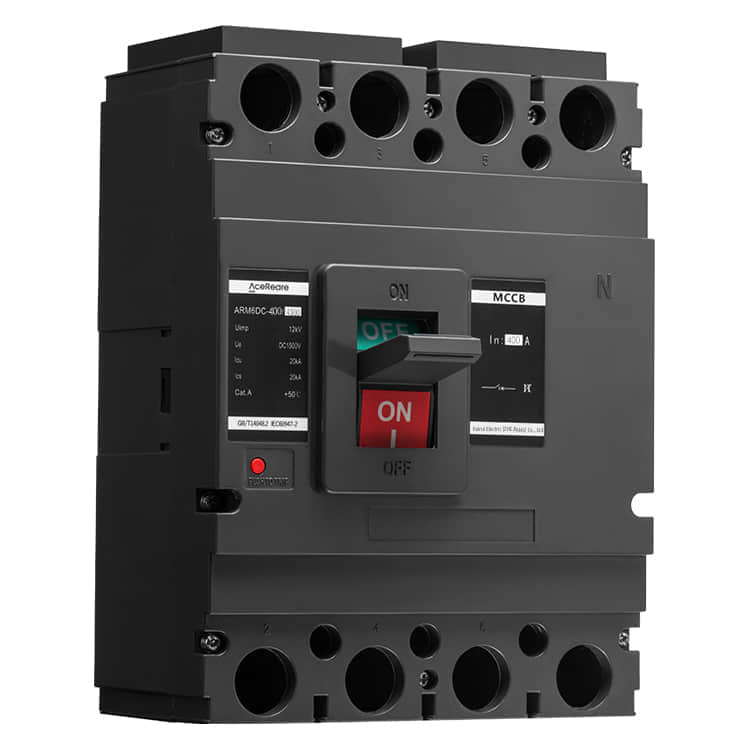In the ever-evolving realm of renewable energy, solar power stands as a shining beacon of hope for a sustainable future. As the adoption of solar panels continues to soar, so does the need for robust safety mechanisms. One crucial component that often goes unnoticed but plays a pivotal role in solar power systems is the Photovoltaic Molded Case Circuit Breaker. In this article, we will delve into the significance of this unsung hero and explore its role in safeguarding solar energy systems.

Introduction to Photovoltaic Molded Case Circuit Breakers

Photovoltaic (PV) Molded Case Circuit Breakers are essential electrical protection devices designed specifically for photovoltaic systems. These breakers are engineered to safeguard the system against various electrical faults, ensuring uninterrupted and safe energy production. The Role of PV Molded Case Circuit Breakers Overcurrent Protection: One of the primary functions of PV Molded Case Circuit Breakers is to protect the system against overcurrent. In a PV system, overcurrent can occur due to various reasons such as short circuits or a sudden surge in power output. These breakers are designed to trip when the current exceeds the rated limit, preventing damage to the solar panels and other components. Arc Fault Protection: Arcing is a common issue in electrical systems and can be particularly dangerous in PV systems where sunlight can exacerbate the problem. PV Molded Case Circuit Breakers are equipped with arc fault detection mechanisms that can identify and mitigate arc faults promptly, reducing the risk of fire. Ground Fault Protection: Ground faults can occur when an electrical conductor comes into contact with the ground. In a PV system, this can happen due to damaged wires or equipment. PV Molded Case Circuit Breakers can detect ground faults and disconnect the system to prevent electrical shock hazards. Isolation: These breakers provide a means to isolate the PV system from the grid or other energy sources when maintenance or repairs are required. This ensures the safety of maintenance personnel and prevents backfeeding of electricity into the grid. Remote Monitoring: Many modern PV Molded Case Circuit Breakers come equipped with remote monitoring capabilities. This allows system operators to keep a close eye on the health of the circuit breaker and receive real-time alerts in case of any issues, enhancing system reliability. Key Features of PV Molded Case Circuit Breakers Robust Enclosure: PV Molded Case Circuit Breakers are housed in durable enclosures that protect them from environmental factors like dust, moisture, and UV radiation. This ensures their longevity and reliability in outdoor PV installations. Trip Settings: These breakers can often be customized with adjustable trip settings to cater to the specific needs of a PV system. This flexibility is crucial for optimizing the protection of the system. Compatibility: PV Molded Case Circuit Breakers are designed to seamlessly integrate with other PV components, including inverters, charge controllers, and battery systems. This compatibility is essential for the smooth operation of the entire PV system. Conclusion In the rapidly growing world of solar energy, Photovoltaic Molded Case Circuit Breakers are unsung heroes that play a vital role in ensuring the safety and reliability of PV systems. They protect against overcurrent, arc faults, ground faults, and provide a means of isolation when needed. Their robust design and compatibility with other PV components make them indispensable in the quest for a sustainable energy future. As we continue to harness the power of the sun to meet our energy needs, let us not forget the silent protectors, the PV Molded Case Circuit Breakers, working diligently behind the scenes to keep our solar energy systems safe and efficient.
